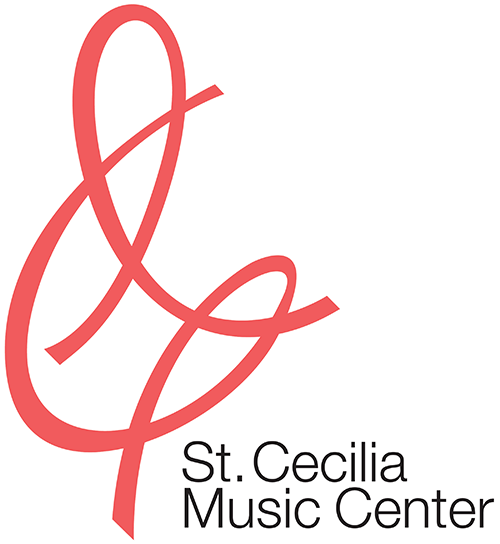Portuguese singer Mariza celebrates the twentieth anniversary of her career and the centenary of the late Queen of Fado, Amália Rodrigues, with Mariza Sings Amália, her first full album of classics, available in the US on January 29, 2021. Mariza Sings Amália is available to pre-order here, where the two album tracks "Lágrima" and "Foi Deus" also are available. Mariza celebrates the album release with a live-streamed performance of Amália Rodrigues’ music as part of Town Hall’s The Voice, A Voz series on January 29.
SUPPORT OUR PARTNER VENUES
ABOUT MARIZA
Mariza. Amália. Fado.
There are no two voices like these. The late Amália Rodrigues, the Queen of Fado, a unique singer up there with the great voices of 20th century popular song like Piaf, Sinatra, Ella, Oum Kalthoum. Mariza, the young singer that has helped bring Fado into the 21st century. Two of the greatest and most influential stylists of Fado, the ex-libris of Portuguese popular music, a world cultural heritage.
Two artists who have a lot in common, beyond their origin. Mariza swept global audiences off their feet like only Amália had done in the 1950s and 1960s, with her residences at legendary venues such as the Paris Olympia or Carnegie Hall. Through her critically acclaimed recordings and unexpected collaborations, Mariza expanded what Fado could be – just like Amália had done in the 1960s and 1970s. Mariza became the ambassador of Portugal’s music in the 21st century like only Amália had been able to be in the 20th century.
Two voices that always seemed meant to meet. Ever since her early days, Mariza has always sung pieces from Amália’s repertoire, on stage or in the studio – it’s almost a rite of passage for any self-respecting Fado singer.
But never before had Mariza taken the step of recording an entire album of Amália classics. Now is that time: in 2020, the 20th anniversary of Mariza’s career, the centenary of Amália’s birth. “This the best way I can find to pay my tribute to Amália, and to thank her for the legacy and inspiration she gave us,” says Mariza. It’s been a long time coming, but now it’s here: Mariza Sings Amália. Ten Amália standards reinvented for the 21st century, their soul intact, their identity unmistakable, their stylings unexpected.
Mariza sings Amália, with the traditional accompaniments of Portuguese and acoustic guitar but especially, and above all, with orchestra - a “scandal” the purists didn’t approve of when Amália first did it in the 1940s, but that opened new emotional possibilities for the Portuguese popular song.
For this new album, Mariza invited an old friend – Brazilian musician and producer Jaques Morelenbaum, regular accomplice of Ryuichi Sakamoto or Caetano Veloso. Morelenbaum produced Mariza’s triple-platinum 2005 album Transparente; here, he creates a seductive, inspired series of orchestral arrangements, simultaneously classic and innovative, that allow Mariza to delve into songs we all thought we knew and make them new, fresh, ravishing.
Mariza may have performed all over the world, may have multi-platinum albums that topped charts throughout the glove, may have received endless prestigious awards – but in the studio, face to face with the standards that defined Fado for global audiences, Mariza is starting from scratch. She has recorded Amália before, but never like this, never with this wisdom, this experience, this power of interpretation. Now was the time to try on for size the great Amália classics: “Gaivota”, “Estranha Forma de Vida”, “Com que Voz”, “Fado Português”, “Povo que Lavas no Rio”, “Foi Deus”... Ten in all for an album where Mariza more than lives up to her awards, her success, her performances and assumes the mantle only Amália wore before: that of an ambassador of music, culture, talent.
Recorded between Lisbon and Rio de Janeiro, Mariza sings Amália. Like only Amália could have done, like only Mariza can. Is it Fado? Yes, and no. Above all, it’s a match made in heaven.




